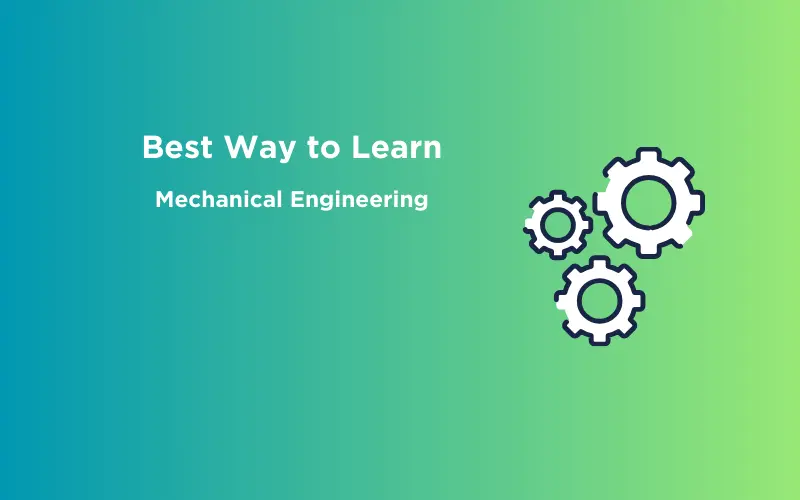
Best Way to Learn Mechanical Engineering
Sep 04, 2024 4 Min Read 2410 Views
(Last Updated)
Have you ever been curious about how machines and gadgets work or dreamed of creating amazing inventions? If so, you might be interested in mechanical engineering. It’s a field where people design and make all kinds of things, from cars to cool gadgets.
But how do you get started and learn about mechanical engineering in the best way possible? That’s what this blog is all about! We’ll show you the most fun and effective ways to learn about mechanical engineering, whether you’re a student with big dreams or someone who wants to get better at it. So, let’s start exploring the best ways to dive into the world of mechanical engineering.
Table of contents
- Books and Textbooks for Mechanical Engineering
- For Beginners
- Intermediate Level
- Advanced Learning
- Online Courses and Tutorials for Mechanical Engineering
- GUVI
- Educational Websites for Mechanical Engineering
- YouTube Channels and Video Lectures for Mechanical Engineering
- Engineering Forums and Communities for Mechanical Engineering
- Software and Tools for Mechanical Engineering
- Blogs and Industry News for Mechanical Engineering
- Conclusion
- FAQs
- What is the best educational path for learning mechanical engineering?
- How can I enhance my practical skills in mechanical engineering?
- What resources can help me stay updated with the latest advancements in mechanical engineering?
Books and Textbooks for Mechanical Engineering

Books are timeless companions on the journey of learning mechanical engineering. Whether you’re a beginner or an advanced learner, there’s a wealth of knowledge waiting for you in the pages of these recommended texts. Here’s a list of both classic and modern mechanical engineering textbooks to cater to different levels of expertise:
For Beginners
- Engineering Mechanics: Statics by J.L. Meriam and L.G. Kraige
- Introduction to Mechanical Engineering by Jonathan Wickert and Kemper Lewis
Intermediate Level
- Mechanics of Materials by Russell C. Hibbeler
- Machine Design by Robert L. Norton
Advanced Learning
- Shigley’s Mechanical Engineering Design by Richard G. Budynas and Keith J. Nisbett
- Fundamentals of Thermal-Fluid Sciences by Yunus A. Cengel and Robert H. Turner
Remember, these books cover a wide range of mechanical engineering topics, so you can choose the ones that best match your level of expertise and specific interests. You can find many of these books on popular online retailers like Amazon, or check if they are available at your local library for free access. Happy reading and learning!
Before we move on to the next part, you should have a deeper knowledge of key mechanical engineering concepts. You can consider enrolling yourself in GUVI’s CAD Program for Mechanical Engineers, which lets you gain practical experience by developing real-world projects and covers technologies including AutoCAD, Solidworks, CATIA, Ansys, GD & T, etc.
Additionally, if you would like to explore AutoCAD for Mechanical Engineering through a self-paced course, you can take GUVI’s AutoCAD Mechanical Certification Course.
Online Courses and Tutorials for Mechanical Engineering

In today’s digital age, online courses and tutorials are a fantastic way to learn mechanical engineering from the comfort of your home. They offer flexibility and cater to various learning styles. Here’s a selection of reputable platforms and courses to consider:
GUVI

GUVI’s CAD Course for Mechanical Engineers is a comprehensive resource covering various subjects within the field. It stands out with practical projects and hands-on learning, catering to both beginners and those seeking to deepen their knowledge. This platform offers a rich learning experience, emphasizing real-world application, making it an invaluable resource for anyone eager to explore and excel in the field of mechanical engineering.
A Few Other Resources Include:
- Coursera, edX, and Udemy offer a range of mechanical engineering courses that cater to different learning styles and budgets.
- Khan Academy and YouTube provide free resources in the form of video lessons and tutorials, making learning accessible to anyone with an internet connection.
- MIT OpenCourseWare offers free access to course materials from the prestigious Massachusetts Institute of Technology (MIT), including mechanical engineering courses.
These online courses and resources offer a range of options to suit your budget and learning preferences. Whether you’re just starting your journey in mechanical engineering or seeking to advance your knowledge, these platforms can help you achieve your educational and career goals.
Educational Websites for Mechanical Engineering
Several reputable educational websites are dedicated to mechanical engineering education. These websites offer a wealth of resources, including articles, tutorials, interactive tools, and more, to help learners understand and master various aspects of mechanical engineering. Here are a few notable educational websites for mechanical engineering:
These websites offer a diverse array of resources, from course materials and video lectures to calculators and reference materials. Whether you’re a student looking to enhance your understanding or a professional seeking to stay updated, these educational websites can be valuable tools for your mechanical engineering journey.
YouTube Channels and Video Lectures for Mechanical Engineering

Here are some YouTube channels that offer quality mechanical engineering lectures, demonstrations, and informative content:
These YouTube channels offer a wealth of educational content, including lectures, tutorials, and demonstrations. They are hosted by experienced educators and engineers who aim to simplify complex mechanical engineering concepts and help learners grasp the fundamentals of the field.
Engineering Forums and Communities for Mechanical Engineering
Here are some online forums and communities where mechanical engineering enthusiasts can ask questions, share knowledge, and network with fellow learners and professionals:
Networking with fellow learners and professionals on these forums and communities is essential for gaining insights, solving problems, and staying updated with the latest developments in the field of mechanical engineering. These platforms provide opportunities to engage with a global community of experts and enthusiasts, making them valuable resources for anyone passionate about mechanical engineering.
Software and Tools for Mechanical Engineering

Here are some essential software tools commonly used in the field of mechanical engineering, along with links to access or download them, and explanations of their significance:
These software tools play a crucial role in the field of mechanical engineering. They aid in designing, simulating, and analyzing mechanical systems, facilitating the learning process and practical application of engineering principles. Most of these tools offer trial versions or educational licenses for students and learners to access and explore their capabilities.
Blogs and Industry News for Mechanical Engineering
Here are some blogs and websites where readers can stay updated with industry trends, news, and technological advancements in the field of mechanical engineering:
These blogs and websites offer a wealth of information for mechanical engineers, students, and enthusiasts looking to stay updated with industry news, technological advancements, and innovative solutions in the field.
Kickstart your career by enrolling in GUVI’s CAD Career Program for Mechanical Engineers where you will master technologies including AutoCAD, Solidworks, CATIA, Ansys, GD & T, etc, and build interesting real-life mechanical projects.
Alternatively, if you would like to explore AutoCAD for Mechanical Engineering through a self-paced course, you can take GUVI’s AutoCAD Mechanical Certification Course.
Conclusion
In simple terms, there are many different ways you can learn about mechanical engineering.
To succeed in mechanical engineering, you can mix and match these resources based on what works best for you. And don’t forget, learning should be ongoing because the field is always evolving. Stay curious and keep exploring new ideas and technologies.
FAQs
What is the best educational path for learning mechanical engineering?
The best educational path for learning mechanical engineering typically involves pursuing a bachelor’s degree in mechanical engineering at a reputable university or college. This formal education provides a strong foundation in the field. Additionally, online courses, tutorials, and self-study can supplement your learning.
How can I enhance my practical skills in mechanical engineering?
To enhance your practical skills, consider engaging in hands-on projects and experiments. Building DIY projects, working with tools, and participating in engineering clubs or maker spaces can provide valuable practical experience. Internships and co-op programs with engineering firms are also excellent opportunities to apply what you’ve learned in real-world scenarios.
What resources can help me stay updated with the latest advancements in mechanical engineering?
To stay updated, utilize educational websites, industry news sources, and professional organizations. Websites like ASME.org and Machine Design offer insights into industry trends. Joining engineering forums and communities can also help you connect with experts and stay informed about the latest developments in mechanical engineering.

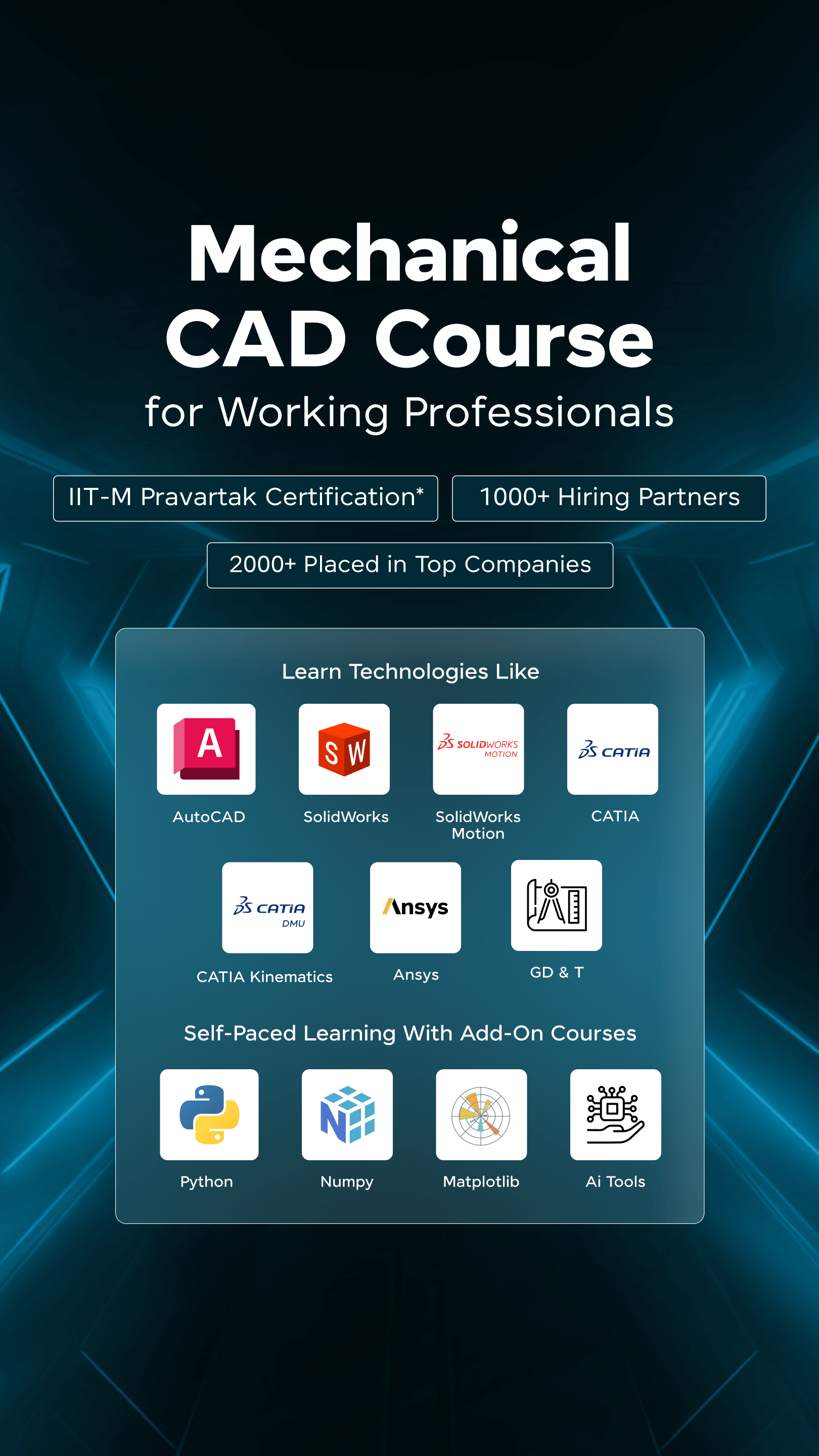
























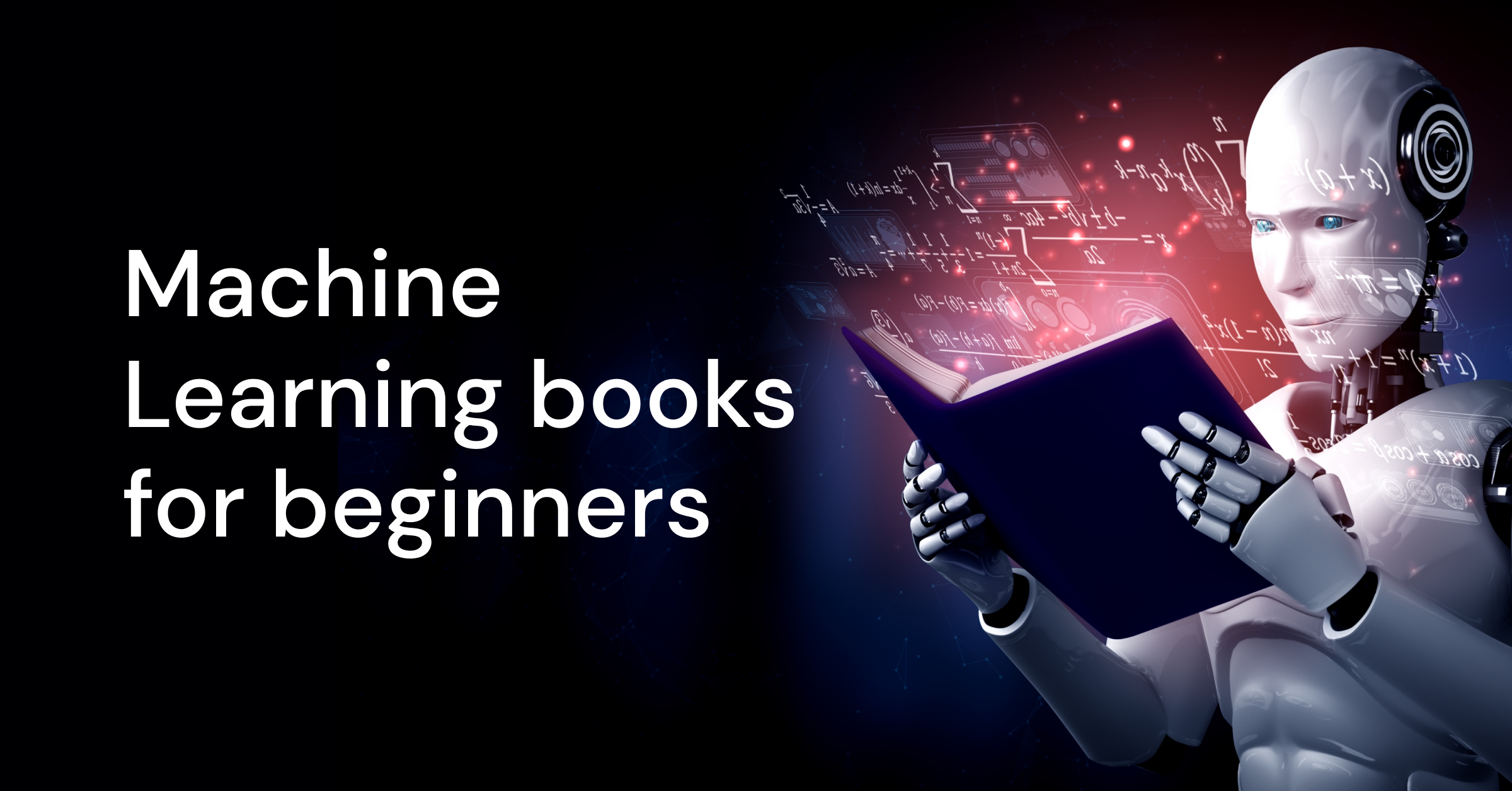
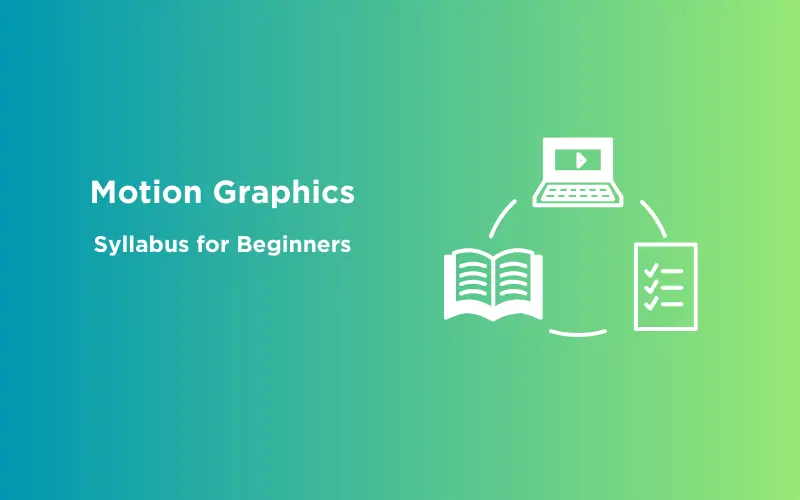
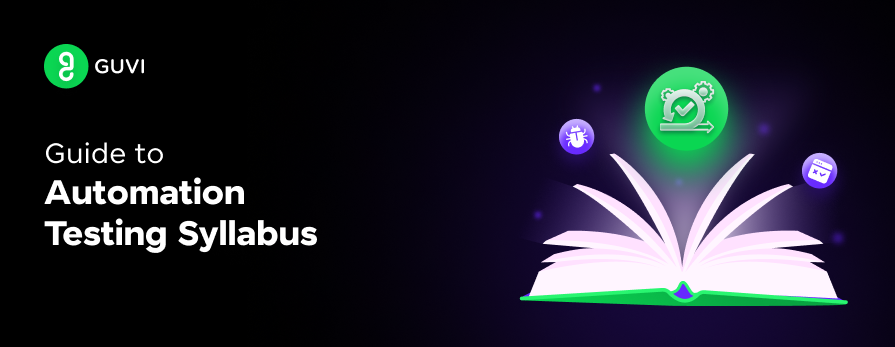

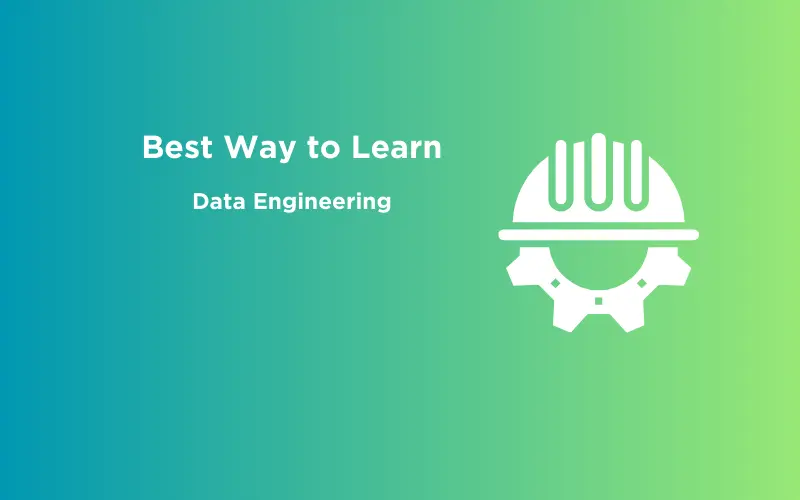

Did you enjoy this article?